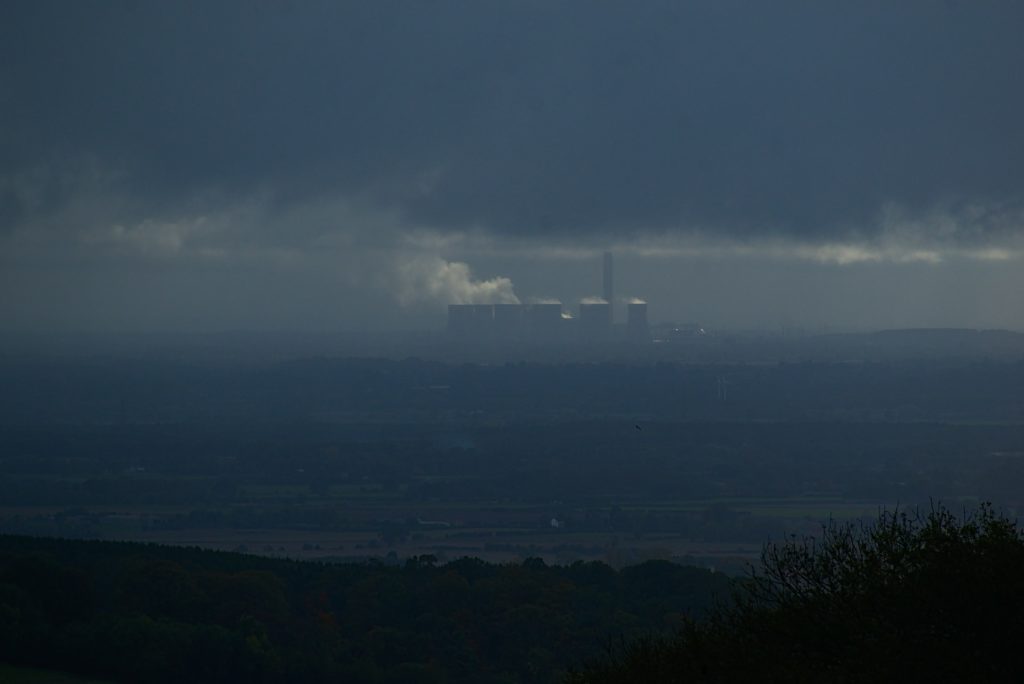The final draft decision of the UN Climate Conference of Parties (COP26), published on Saturday morning by the summit’s British presidency, calls for increased efforts to phase out coal power without carbon-capture techniques and to end inefficient fuel subsidies.
The draft “calls on nations to accelerate efforts towards the phase-out of unabated coal power” – such as projects without carbon capture - "and phase out inefficient fossil fuel subsidies" while “recognising the need for support towards a just transition,” Belga News Agency reports.
The draft was softer than a previous version, hammered out on Friday, that had called directly on nations to accelerate the phasing-out efforts. That wording was, in turn, much weaker than the original version of the draft tabled by the presidency of COP26.
Related News
- COP26 in Glasgow went into extra time in effort to avoid failure
- 'Belgium should be ashamed': Anuna De Wever on COP26 performance
- Environment minister and activists clash over Belgium's climate goals
On the issue of reducing greenhouse gas emissions, Saturday morning’s text calls on all parties to the 2015 Paris Agreement on climate change to review upward their commitments for the end of 2022 and align them, where necessary, to the agreement’s targets. These include keeping global warming under +2°C and, if possible, under +1.5°C – compared to pre-industrial levels, while taking differing national circumstances into consideration.
On international climate financing, a contentious issue during the negotiations, the draft notes “with deep regret” that the developed countries failed to mobilise 100 billion dollars for the countries of the South in 2020. It calls on them to attain this target urgently and at least double, by 2025, their commitments for adaptation to the consequences of climate deregulation.
Anuna De Wever at COP26 in Glasgow.
Belgian climate activist Anuna De Wever has already expressed disappointment in the COP26 meeting, saying Belgium should not leave feeling victorious, but rather ashamed.
The summit finished late as the various ministers involved struggled to reach an agreement by the set deadline of Friday evening. Climate financing was one of the key issues in contention. Until recently, climate financing has focused mostly on attenuation, i.e. efforts to reduce emissions.
On the thorny issue of “loss and damage” – the irreversible damage caused by climate change – the text no longer includes a mechanism for technical and financial assistance, which developing countries have been calling for. Instead, it includes financing for the “Santiago Network,” set up at the COP 25 in Madrid, which aims to help affected countries face the irreparable impacts of climate change.
The issue of “loss and damage” is particularly sensitive since many developed countries are not in favour of the creation of a third pillar of climate financing after attenuation and adaptation. Some States are afraid this issue might pave the way for court action to vindicate demands for reparations, other damages and interest, for example.
A plenary session of the COP26 was scheduled for early afternoon in Glasgow, but there was little indication that the final draft would be adopted quickly.


